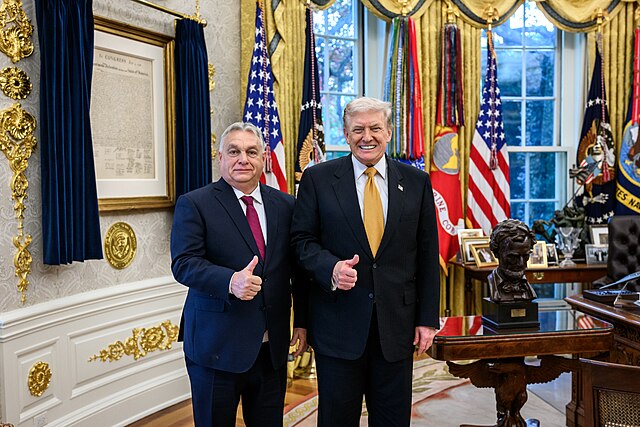A battle is brewing between two Mexican media giants: Grupo Reforma and the television network Televisa. This might seem to be a debate about ethics, but it is not what it appears to be.
About a week ago, Televisa, the second largest media group in Latin America, launched a series of news stories describing how Grupo Reforma, one of Mexico’s most respected newspaper empires, published advertisements for sex services which contributed to the trafficking of women in Mexico. The stories were broadcast on Televisa’s nightly programme, which has the highest ratings in the country — 40 million viewers, according to some media commentators. The issue of publishing sex ads in the national media is an ethical debate that should probably be brought to the fore in Mexico. According to the International Organisation for Migration, Mexico has a serious problem with woman-trafficking networks, which are run by drug-trafficking groups. But the odd thing about the Televisa story is that it never mentioned the other half a dozen Mexican tabloids which publish nude centrefolds in the style of British tabloids, as well as pages of “sex for hire” ads, which are often more graphic than those found in Reforma.
Since the first stories appeared, the question of what lies behind the media feud has been swirling around Mexico. The most credible explanation, mentioned by a number of columnists, is that the fight started when Reforma published a business story accusing Televisa of receiving special government treatment in the allocation of a lucrative mobile phone contract with communications giant Nextel. A former telecommunications government official also claimed that Televisa was given a good deal. The contract gave Televisa and Nextel the right to enter so-called “quadruple play”, which combines broadband Internet access, television and telephone, with wireless service provisions, at a price 28 times less than the expected cost, according to some news accounts.
In response to the accusation, Televisa demanded that Reforma publish a lengthy letter, which the newspaper refused to do. And so the battle began.
This kind of row is what gets in the way of media collaboration on issues such as press freedom. Recently, Televisa and other media executives sat down for the first time to discuss joint measures to protect the press in Mexico. Reforma, however, did not participate in the meetings — one of its executives said it did not like to mix with other news media executives. The Reforma conglomerate is known for revolutionising Mexican media in the 1990s when it launched its newspaper, also called Reforma, in Mexico City. The paper was the first to include all political views at a time when subversion of the press by those in power was common. Since those heady days, Reforma has remained the centre right daily that is read mostly by Mexican elites. Like Reforma’s two other dailies, El Norte, in the industrial city of Monterrey, and Mural, in the city of Guadalajara, the newspaper is known for strict editorial guidelines.
Reforma´s publisher, Junco de la Vega, left Mexico two years ago for Austin, Texas, after the powerful Gulf Cartel, which has control of the east coast of Mexico, sent the newspaper a video detailing the daily routine of de la Vega’s entire family. Junco’s forced exit was never publicised by the other news media, and this apparent lack of sensitivity for attacks on other colleagues was a prelude to the dangerous situation now facing the entire media community in Mexico. Even de la Vega´s decision to abandon the country has been facetiously disparaged in some columns, which insinuate that de la Vega is a coward for leaving. Let’s hope this latest spat does not have a negative impact on recent advancements in co-operation shown by the media outlets facing attacks by drug cartels.
However, the way in which business interests can blindside the debate in Mexico is worrying. The stakes are high, nevertheless. Nextel is currently working on expanding its nationwide 3G wireless networks in Mexico. Televisa hopes to create an innovative communication platform by adding Nextel’s wireless and broadband services to its existing portfolio of pay-TV services, offering market-leading content and multiple distribution channels. Televisa controls 70 percent of the pay-TV market.




